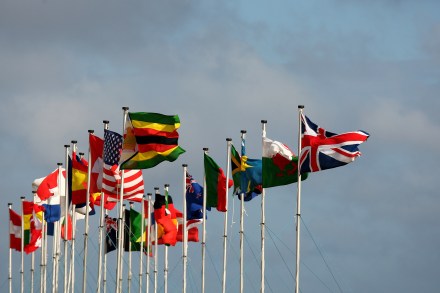Future foreign policy
If the Tories win power (still a big “if” these days), William Hague will walk into King Charles Street, be greeted by the FCO’s Permanent Secretary Peter Ricketts, meet his new staff and be briefed on the Office he will lead and the foreign challenges Britain faces. There will be plenty on his plate. Calls from foreign dignitaries, preparations for forthcoming summits, a discussion of key priorities, and suggestions for how to reorganise the machinery of government. There will also be a need to prepare the FCO’s contribution to a cost-cutting exercise. But there ought to be an early discussion about how the world is changing and the















